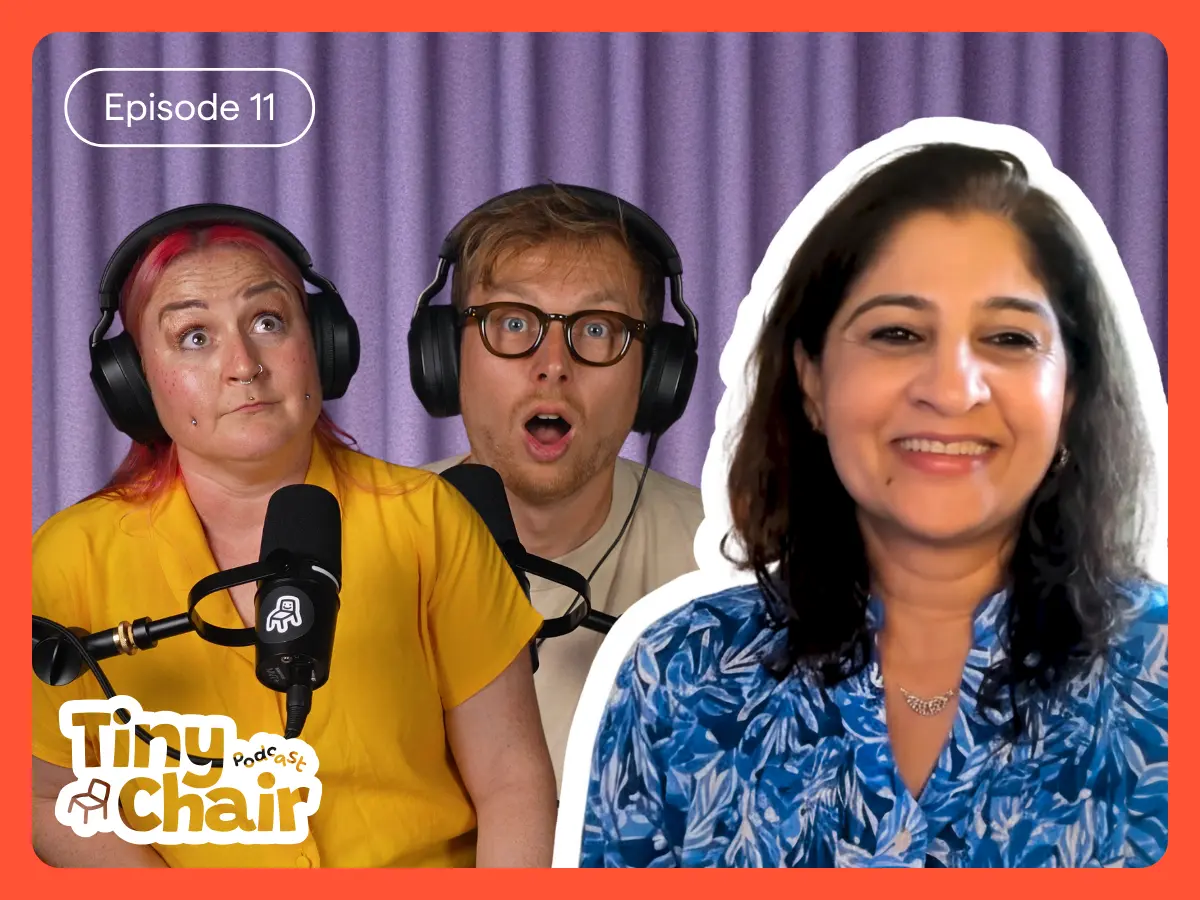

Prerna is a global Early Childhood expert and founder of Together We Grow.
"Every child has potential and our job is to nurture it. To be the gardeners. To give the right soil and to nurture it and not to make a rose into a sunflower and sunflower into a rose. Accept the child that's been given to you and nurture the child that's been given to you. Whether you're teaching or parenting, it doesn't matter your role, our job is to nurture you so that you blossom."
Prerna Richards, Together We Grow
Prerna says that she has observed stress in early childhood settings coming out in the way educators talk to children, speaking at children rather than with them. Leaders can identify stress by observing the dynamic of the room, noticing whether it feels calm or of there's a general atmosphere of rush and overwhelm. She highlights the importance of listening to the sounds in the environment, noting that raised voices and excessive adult talk can indicate stress and reactive behaviour.
But, whatever you do, don't ignore it.
"Don't pretend it's not happening," advises Prerna, "So acknowledge and validate. Because stress is real and it's never going to go away. It's part of who we are as humans. The goal is not to eliminate it. The goal is to learn coping skills so that we don't get overwhelmed by it, manage it. To self regulate and to help children regulate."
Prerna notes that effective co-regulation involves acknowledging children's emotions, identifying causes, and helping them develop coping strategies. Educators can model this by consistently naming emotions and offering support throughout the day.
Prerna advises changing vocabulary from "have to" to "want to" or "get to" to reduce stress and increase a sense of choice. Replacing complaints and comparisons with gratitude can shift perception from stress to joy.
Prerna introduces the concept of naming your inner critic (hers is "Edith") as a way to manage self-criticism and negative self-talk. If you're feeling low or doubting yourself, telling "Edith" to be quiet can help.
"Edith has come alive for about a year and a half now," explains Prerna, "And when you name her, it takes her power away. And then if you draw her, make her visual, she really doesn't have much power because you can call her out. So my husband got in the game with me now, so he has negative Norman, and I have Edith."
Early years educators can work on managing stress by developing self-awareness about personal triggers and implementing coping strategies like "flow writing". Prerna introduces the concept of becoming a "breathing program" and her SBA (Stop, Breathe, Anchor) approach, which involves pausing for 90 seconds to prevent reactive responses to emotional triggers. Prerna encourages trying this technique in real-life situations to experience its powerful effect on managing emotions and reactions.